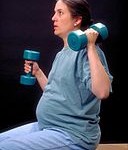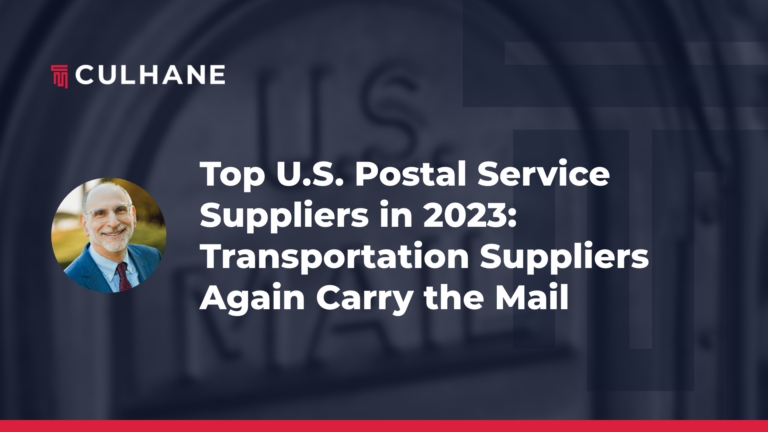 Since becoming law, the Pregnancy Discrimination Act (PDA) has caused employers to fear that any employment-related issue affecting a pregnant woman could result in a discrimination lawsuit. Indeed, many employers went so far as to treat pregnant employees better than other employees in an effort to safeguard against any claims of discrimination. While that was not the intent of the PDA, the U.S. Supreme Court’s recent decision in Young v. United Parcel Service, Inc., seems to boost the “better-safe-than-sorry” approach.
Since becoming law, the Pregnancy Discrimination Act (PDA) has caused employers to fear that any employment-related issue affecting a pregnant woman could result in a discrimination lawsuit. Indeed, many employers went so far as to treat pregnant employees better than other employees in an effort to safeguard against any claims of discrimination. While that was not the intent of the PDA, the U.S. Supreme Court’s recent decision in Young v. United Parcel Service, Inc., seems to boost the “better-safe-than-sorry” approach.
Young was a delivery driver for United Parcel Service (UPS) – a position that required she be able to lift at least 70 pounds. When she became pregnant, Young’s doctor restricted her from lifting more than 20 pounds. In denying Young’s request for accommodation, UPS relied on its policy that provided accommodations only to employees who suffered on-the-job injuries or who had disabilities covered by the Americans with Disabilities Act (ADA). This required Young to stay home, without pay, for most of her pregnancy. Young sued, claiming discrimination based on pregnancy.
Traditionally, when there is a lack of direct evidence of discrimination, a disparate treatment failure-to-accommodate case is subject to the following burden-shifting framework:
- A plaintiff must first establish that she belongs to the protected class and that she requested an accommodation.
- Then the burden shifts to the employer to provide a legitimate, nondiscriminatory reason for failing to grant an accommodation.
- Then, in order to prevail, the employee must show that the employer’s response is merely a pretext for behavior actually motivated by discrimination.
In Young, the Supreme Court focused on the third factor of that analysis while interpreting the PDA provision which states “women affected by pregnancy . . . shall be treated the same for all employment-related purposes . . . as other persons not so affected but similar in their ability or inability to work.” 42 U.S.C. § 2000e(k). Where plaintiffs were previously required to show that their employer’s reasoning was intentionally biased, the Supreme Court now holds that an employee can prove pretext by demonstrating that the policy put a “significant burden” on pregnant employees, and that the employer’s reasoning was not sufficient to justify that burden. So, while the law still does not afford pregnant employees better treatment than other employees, the Supreme Court ruling does expand the legal analysis required when evaluating a pregnant employee’s request for accommodation.
For more information about the Young case, how your business may be affected by this Supreme Court decision, or any other employment-related matter, please contact Jennifer Rodriguez, Chair of the Culhane Meadows’ Employment and Labor Practice Group, at 214-208-3809 or jrodriguez@culhane.law.











